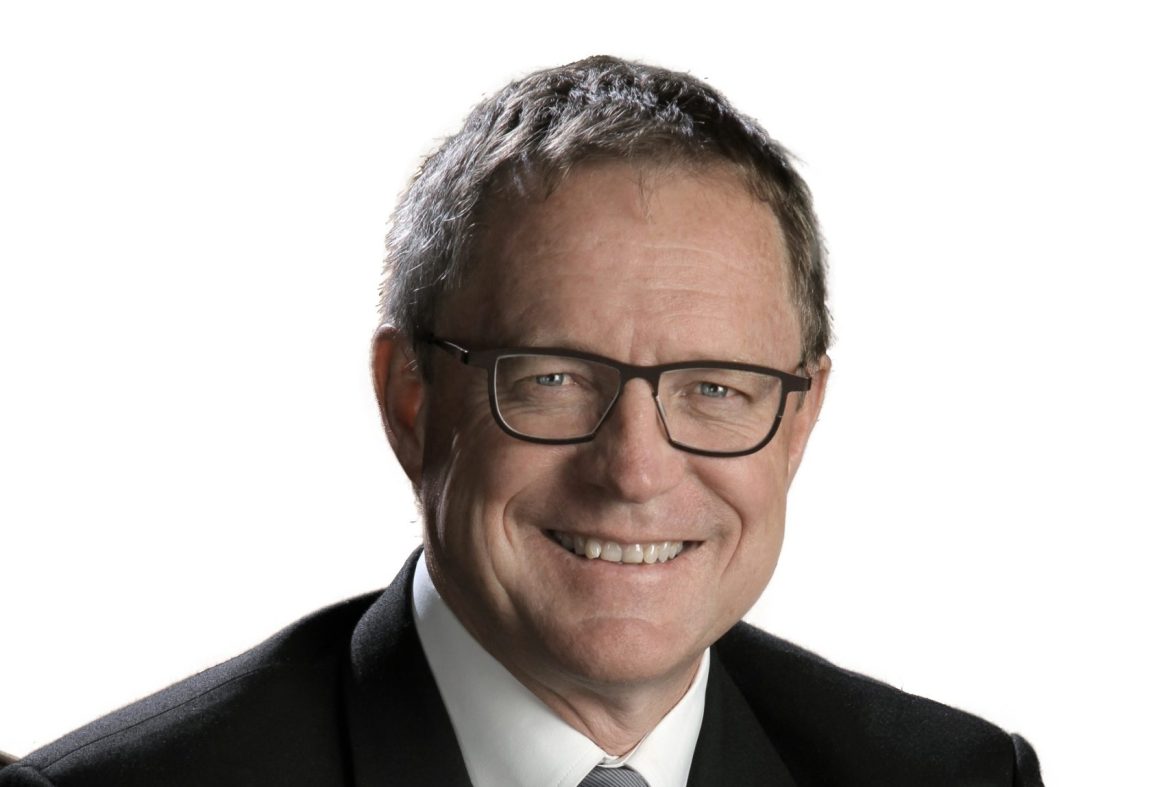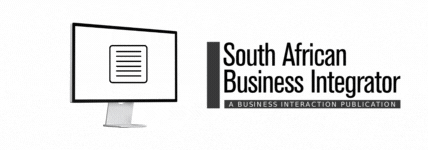By Tarryn-Leigh Solomons
South Africa should have seen the United States’ imposition of a 30% tariff on its exports coming and failed to act swiftly or strategically, says economist Dawie Roodt.
“There’s no surprise here,” said the Chief Economist at the Efficient Group. “There were even talks of a 40% tariff at one point. We all saw this coming, so the question is why didn’t government act sooner?”
The tariff, announced by the Trump administration and set to take effect on 1 August, has sparked concern among exporters and trade analysts. But Roodt believes the warning signs were ignored.
Missed Opportunity to Act
Roodt criticised what he sees as government’s last-minute approach to diplomacy.
“If they saw this coming, as they should have, why wait until now to scramble for a deal with Trump? It feels rushed, reactive. They should have negotiated something before this deadline.”
While acknowledging that former US President Donald Trump is “always open to a deal,” Roodt warns it may now prove more difficult.
“In Trump’s world, nothing is permanent, but this time, it feels more entrenched. It’s not going to be as easy as before to get him back to the table.”
Economic Impact ‘Won’t Be Catastrophic’, But It Matters
While certain export sectors will be “severely hit” by the new tariff, Roodt does not expect a dramatic collapse of the wider economy.
“Yes, some businesses will be badly affected, especially those exporting directly to the US. But from a macroeconomic point of view, it won’t be a complete disaster.”
However, he warns the cumulative effect could further slow growth.
“I can’t see the economy reaching 1% growth this year. It was already under strain, and this pushes us even lower. Every bit of damage counts when you’re already weak.”
No Financial Leverage
According to Roodt, South Africa lacks any meaningful economic leverage in the current trade negotiations.
“We must be realistic. Our economy is simply too small to exert financial pressure on the US. This is not a negotiation between equals. This is the global superpower versus a middle-income country.”
The only potential leverage, he suggests, lies in politics.
“We might be able to offer concessions on policy matters like expropriation, or in how we position ourselves geopolitically. That’s where we could potentially make progress.”
Strategic Damage, Not Just Economic
Asked whether South Africa risks becoming collateral damage in a broader geopolitical contest, Roodt was clear.
“We already are. Our politicians don’t seem to realise that. They still think we matter more economically than we actually do.”
However, South Africa’s political voice remains larger than its economic size, he noted, and this has not gone unnoticed in Washington.
“In Trump’s eyes, South Africa uses its political standing in ways that go against US interests. And now we’re paying the price for that.”
A Call for Pragmatism
Roodt’s parting warning is sobering:
“It’s more important to put South Africa first than to hold onto moral high ground. Yes, some people may disagree with that ethically, but taking ideological positions on the world stage, especially against powerful countries like the US, can cause real harm to our economy. Like it or not, the US can do serious damage. And right now, it is.”



